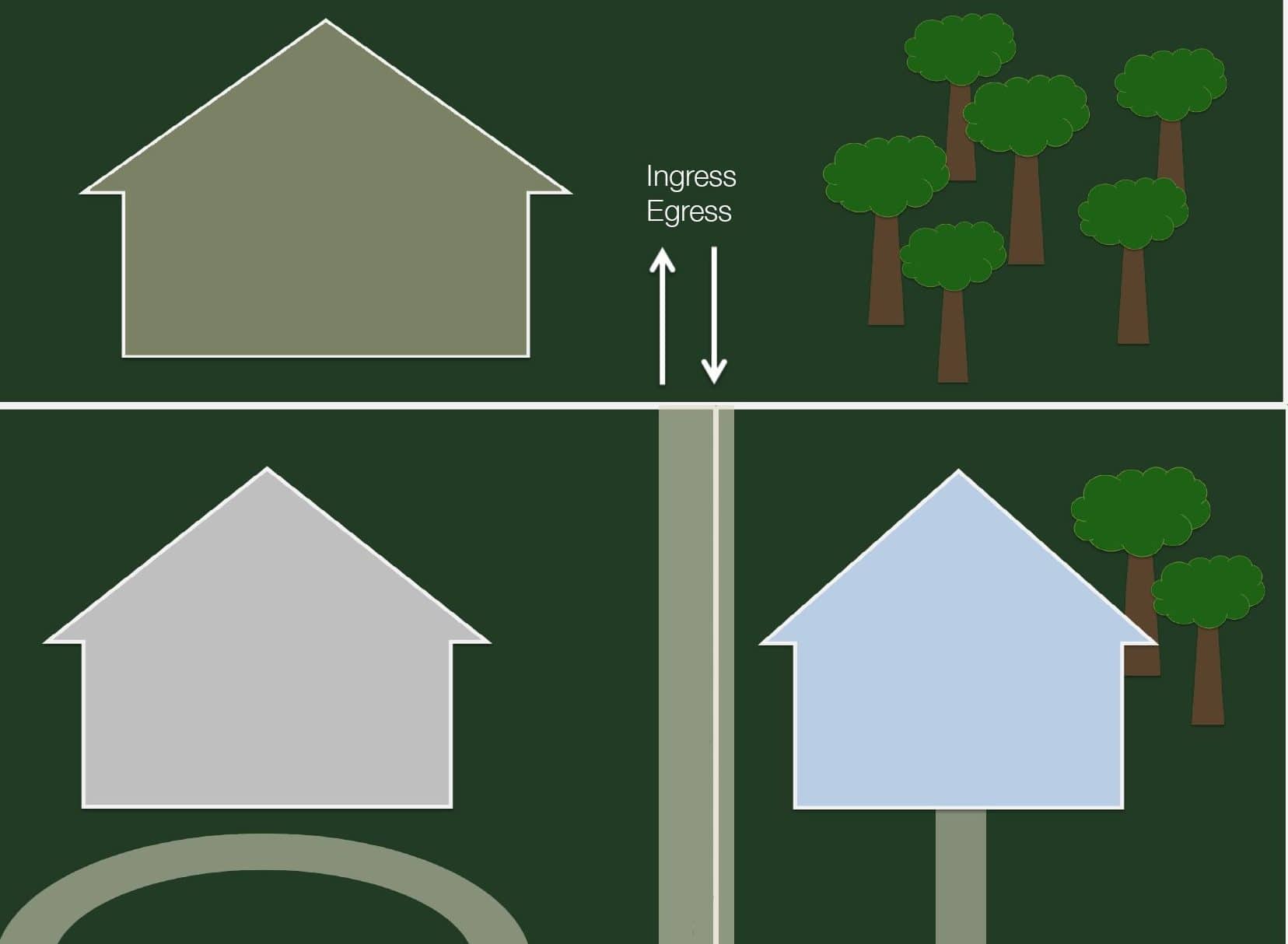Art. 637. Lower estates are obliged to receive the waters which naturally and without the intervention of man descend from the higher estates, as well as the stones or earth which they carry with them.
The owner of the lower estate cannot construct works which will impede this easement; neither can the owner of the higher estate make works which will increase the burden.[2]
 [1] See Paras, Edgardo L., CIVIL CODE OR THE PHILIPPINES ANNOTATED, Vol. II,
Sixteenth Edition (2008), pp. 686-687.
[1] See Paras, Edgardo L., CIVIL CODE OR THE PHILIPPINES ANNOTATED, Vol. II,
Sixteenth Edition (2008), pp. 686-687.
[2] See also Article 50 of Presidential Decree No. 1067, entitled "A DECREE INSTITUTING A WATER CODE, THEREBY REVISING AND CONSOLIDATING THE LAWS GOVERNING THE OWNERSHIP, APPROPRIATION, UTILIZATION, EXPLOITATION, DEVELOPMENT, CONSERVATION AND PROTECTION OF WATER RESOURCES" (December 31, 1976), which provides:
Art. 50. Lower estates are obliged to receive the waters which naturally and without the intervention of man flow from the higher estates, as well as the stone or earth which they carry with them.
The owner of the lower estate can not construct works which will impede this natural flow, unless he provides an alternative method of drainage; neither can the owner of the higher estate make works which will increase this natural flow.